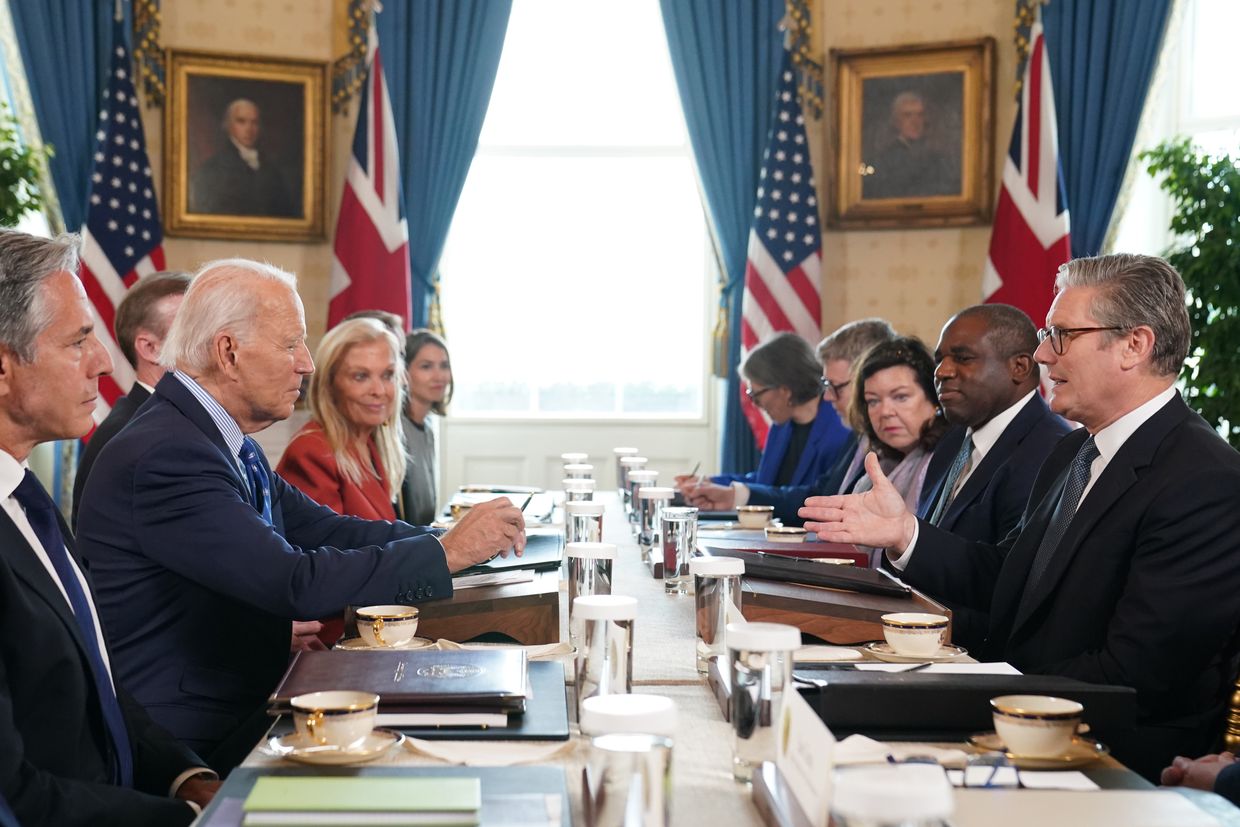NATO could have done more to stop Russia's full-scale invasion of Ukraine, Stoltenberg says

NATO could have provided Ukraine with more arms to prevent Russia's full-scale invasion of Ukraine, the bloc's Secretary General, Jens Stoltenberg, said in an interview published Sept. 14.
"Now we provide military stuff to a war — then we could have provided military stuff to prevent the war," he told the German newspaper FAS.
Stoltenberg said the day the war was launched was the worst in his 10-year stint in the role, from which he is stepping down next month. Former Dutch Prime Minister Mark Rutte, will take his place.
"I wasn't surprised because we knew from the intelligence services what was going to happen," he said.
"But seeing it actually happen still shocked me. I realized that this was a turning point in our history: There is a Europe before that day and a different Europe after that day."
Stoltenberg highlighted NATO's reluctance to send weapons Ukraine was asking for before the launch of the full-scale invasion, over Western fears of escalation, something which continues to this day and has led to long delays in weapons systems such as tanks and fighter jets.
He also said the war would only end with "dialogue with Russia at a certain stage," but added it "has to be based on Ukrainian strength."
Stoltenberg has consistently urged NATO allies to increase defense spending amid risks of fracturing among the alliance. Multiple NATO countries, including Slovakia and Hungary have questioned NATO's commitment to supporting Ukraine in the war, calling instead for a peace agreement.
During the recent NATO summit in Washington, the alliance clarified Ukraine's "irreversible" path toward NATO by emphasizing the alliance's ongoing commitments to Kyiv "constitute a bridge to Ukraine's membership."
NATO allies also announced plans to provide Ukraine with a minimum baseline funding of 40 billion euros ($43 billion), a new military command in Germany to train and equip Ukrainian troops, and further air defense commitments.











